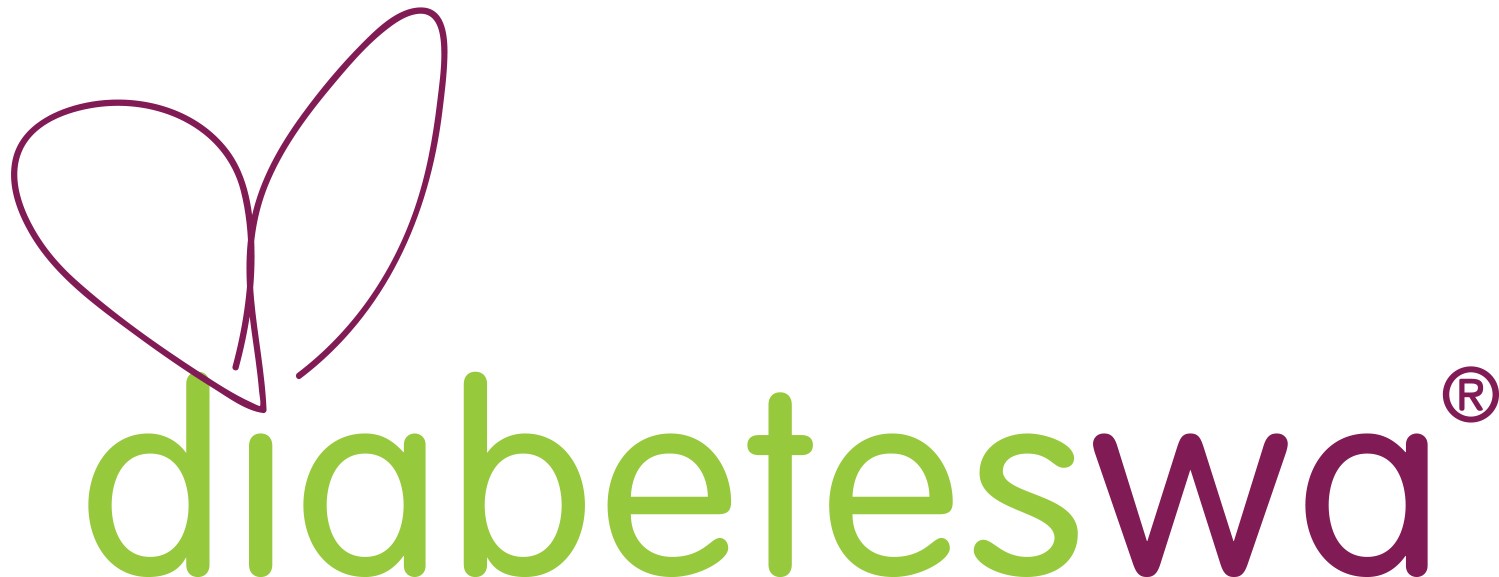Content developed by 
Introduction
This is a six-module package that forms part of the WA Healthy Weight Action Plan 2019-2024 and focusses on health professionals who are supporting people living with (or at risk of) overweight and obesity.
Content
Each module of this training package concentrates on a particular aspect of weight management (including causes and treatments of overweight and obesity) and presents two perspectives - patient and health professional. Throughout, conversations about weight (from both perspectives) are put under the microscope.
Conversations,
particularly difficult or sensitive ones, take time, thought and careful
consideration. Similarly, communicating about having these conversations also
takes time. Some may find the detail
given to ‘talking about talking’ in this package a contrast to other education
you have undertaken or scientific research you have investigated, particularly
if you are busy and are wanting to skim to the dot points.
The clinical content
of this package has been selected to provide insight into the complexity of
this topic with the purpose of empowering you as the health professional to support
patients and guide these conversations. The
latest evidence has been used to replace outdated research and present new (and
sometimes controversial) perspectives to challenge some long-held beliefs and
reshape perspectives, rather than to provide an exhaustive clinical update.
With the diversity found
in individuals and their circumstances, some users may encounter areas in this
package where they require more detail, whilst others may view some sections as
a refresher. Activities, some of which may
seem simple (or even silly) and in stark contrast to the complexity of the
information discussed, have been included to simply illustrate complex issues, prompt
self-reflection and consolidate the content.
Due to the complexity
of this topic, a theme has been selected for each module. Some repetition runs
throughout all modules which is useful if substantial time has lapsed since
completing one or more previous modules. Each module has been broken down
further into different sections (or ‘chapters’) for easy reference,
particularly for the busy health professional who may be unable to complete a
whole module in one sitting. The ‘pages’
within each ‘chapter’ of the module break the topic into sections, allowing the
user to undertake small portions when time allows within a busy schedule.
Please make use of the
reference list, located at the conclusion of each Module, where you will locate
the literature used to inform the content of the Module, in addition to resources
that have been referenced within the Module, or others that can be useful in
practice.
Given these factors, the
time an individual takes to work through the modules may vary as a result of
your own experiences, commitments, requirements and level of engagement.




